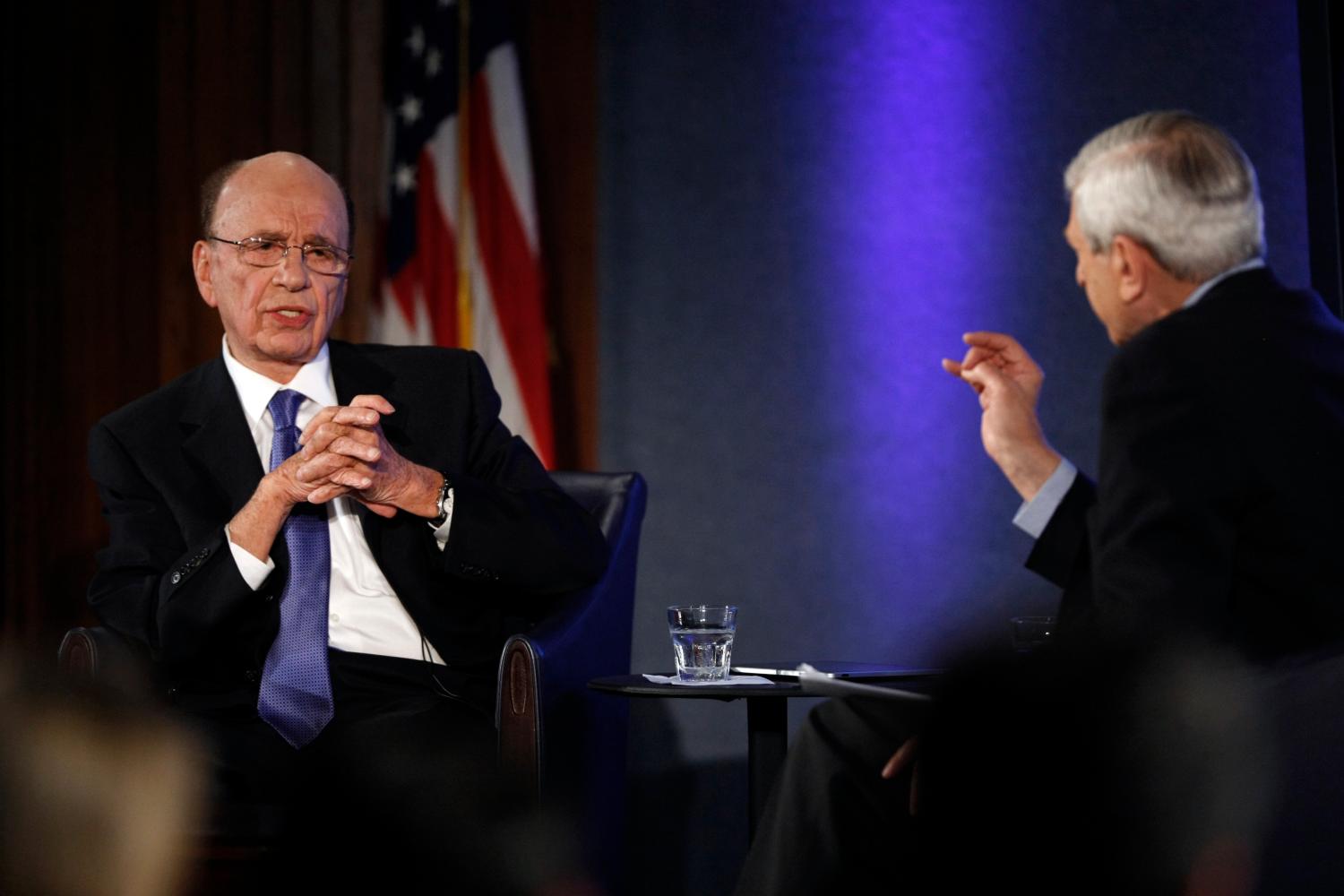It would be wrong to say that President Obama’s Afghan policy is in shambles, but it is in serious trouble; and it’s time for another set of Fulbright-style Senate hearings on the subject, the sort the Arkansas senator convened in the mid-1960’s about Vietnam. They brought a level of respectability and legitimacy to the growing popular opposition to the war, leading to President Nixon’s decision to start the withdrawal of American forces from the long, divisive war in Vietnam. A similar set of hearings now might have the effect of accelerating the American withdrawal from Afghanistan, and that would be a good thing. The United States has clearly worn out its welcome there.
However one examines the president’s policy in Afghanistan, there are many problems, some more impossible to solve than others. The inadvertent burning of the Koran by U.S. forces triggered a run of anti-American protests all over the country. Worse still, Afghan soldiers, whom we are supposed to be advising, turned on American troops and killed four of them, two in the heavily-fortified Interior Ministry. This is not new. General John Allen, the top U.S. commander in Afghanistan, swiftly ordered all U.S. advisers out of Afghan ministries, saying in effect that it was too dangerous for them to work there. It must be assumed that they will return to their assignments, but no one knows when.
Strategic questions have also arisen about Obama’s policy. One surfaced in a leaked cable to the State Department from Ambassador Ryan Crocker in Kabul. He wrote that the Haqqani network of Afghan terrorists, responsible for the recent upsurge of violence against the Kabul government and its Western backers, is based on the other side of the Pakistan border in relative security. That’s been known, too. U.S. forces cannot cross the border; and until they can and do, the Haqqani terrorists will be able to operate out of this mountainous region.
It has been understood from the very beginning of the Afghan War more than 10 years ago that US policy has a three-sided goal: one, to defeat al-Qaeda and the Taliban militarily (the United States has made steady progress on this element); two, to build up a central government in Kabul that is effective and not corrupt (no progress here); and three, to stop the terrorists from using Pakistan as a base of operations (here too there has been no progress and now the Crocker cable confirms this obvious failure). What is clear is that the United States can beat al-Qaeda and the Taliban in pitched battles; but it cannot create good government in Kabul, nor can it stop the terrorists from using Pakistan as a safe and secure base of operations. One out of three is not a formula for success.
A second strategic question concerns U.S. military strength in Afghanistan. When Obama was running for president in 2008, he described the war in Afghanistan as a “war of necessity, one that we have to win.” That tough language has been expunged from White House rhetoric. Now the focus is on getting out but somehow still accomplishing America’s three-sided goals in Afghanistan. That is now increasingly unlikely.
There are now more than 90,000 American troops in Afghanistan. By late summer, that should be down to 68,000. By next year, U.S. troops should no longer be fighting there, only advising Afghan troops and police. And by the end of 2014, American combat troops should be withdrawn. That’s the theory. The facts are that though Obama wants desperately, it seems, to get out of Afghanistan, his military command wants to be sure that Afghanistan does not then collapse like a house of cards; and if that means stopping the withdrawal and keeping more troops there in order to keep the house from collapsing, then that appears to be acceptable to the U.S. military high command. But that would mean that the United States will be stuck in Afghanistan for years to come.
Maybe that is a good thing; maybe it is a prescription for disaster. It is clear that the White House is not intent during a presidential re-election campaign on explaining its Afghan policy in detail. That is why it is high time the Senate Foreign Relations Committee opened a series of televised hearings on the nation’s Afghan policy. The current chair, Democratic Senator John Kerry of Massachusetts, once used the same platform to attack American policy in Vietnam.
The American people deserve to know why after more than 10 years of fighting and a half a trillion dollars in financial cost the war continues without end and increasingly with new problems suggesting we have worn out our welcome and it’s time for a new policy. The old one is not working.
The Brookings Institution is committed to quality, independence, and impact.
We are supported by a diverse array of funders. In line with our values and policies, each Brookings publication represents the sole views of its author(s).




Commentary
Afghan Policy—Suddenly in Serious Trouble
February 28, 2012